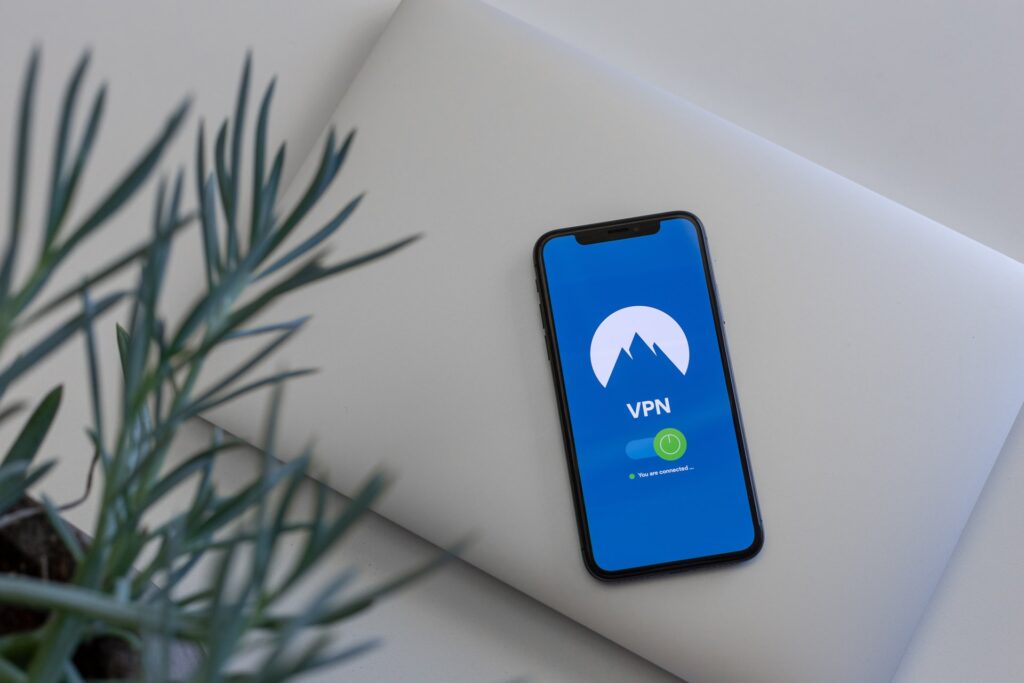
How to Protect Yourself from Common Phone Scams and Frauds
The development of technology has brought many benefits into our lives and made it easier for us to function than ever before. However, there is another side to the story – the daily use of digital devices has brought new ways to deceive people, so phone scams and frauds have become part of our daily lives. Sad, but true. That is why it is crucial to be up to date with information when it comes to these scams and make sure that you are always one step ahead. Scammers may try to deceive you, but it is up to you to do everything in your power to protect yourself. To help you with that, we share with you ways to protect yourself from phone scams and frauds.
What exactly are phone scams and frauds?
Before we move on to ways you can protect yourself from phone scams and frauds, it is important to first define them and explain more clearly what they are, so that you can recognize them. You can’t fight the enemy you can’t see. Phone scams are very common these days, which is not surprising if we consider how much time we spend on the phone. We carry them everywhere with us during the day, so scammers see this as a great opportunity to try to scam you. And worst of all, everything on our phone is integrated: email, online banking, we use face ID and write down personal information in different places on the phone. Identity theft and fraud are becoming easier for scammers, because everything is concentrated in one place.
The way phone scams work is that they try to trick you into sharing with the scammer their private information that they will be abusing, or trying to trick you into infecting their device so that they can retrieve relevant information themselves. Some of the most common phone scams and frauds are virus scams, voice mail scams, SMS phishing, and one-ring scams.

Phone scams vs. phone tracking
The important thing to understand is that phone scams are not the same as phone tracking. Of course, phone tracking without your consent can be interpreted as a violation of your privacy, but sometimes it does not come for malicious reasons. That is why it is crucial to make a difference. Nowadays, there are numerous phone tracking apps that come from good intentions. For example, they can be used for parental control. In today’s digital age it can be really hard to keep your children safe. Phone tracking apps (such as the one you can read about at www.chamspy.net allow parents to know at all times where their child is, as well as what they are doing online. If used properly, these apps are really useful and in no way belong to the group of phone scams and frauds.
How to protect yourself from common phone scams and frauds
1. Take the time to create some strong passwords

If someone is a very good hacker and a top scammer of course they have some knowledge and skills that allow them to break into your phone, no matter how hard you try to protect yourself. However, that does not mean that you should make things easier for them. Nowadays, phone scams are becoming more common because people simply do not have strong enough passwords, so it is more than easy for hackers to trick you and steal from you. Even when they are complete amateurs in what they do! The first step to protect yourself from phone scams and frauds is to take the time to create a really strong password that will keep scammers far away from you. Use a combination of uppercase and lowercase letters, characters and numbers to ensure that the password is strong enough, and then you can check if it is appropriate online. One such simple and easy step can really protect you from phone frauds.
2. Don’t forget to use VPN on public Wi-Fi

We all sometimes use public Wi-Fi because it is simply easier for us to get the desired information and activities online while we are on the go. However, not using public Wi-Fi properly can make it easier for scammers to spy on you in transit. Don’t take this lightly and always use a virtual private network when using Wi-Fi outside your home. Using a VPN simply prevents fraudsters from accessing your personal information through an IP address because they make your personal information anonymous. Don’t forget to do this simple step in order to avoid unwanted situations.
3. Do not store passwords and PINs on your phone

Another common thing that people do that make them very easy targets for phone scammers is that they keep their passwords and PINs on notes in the phone. You should never do this, because you make things so much easier for fraudsters. This applies to all types of passwords and PINs that keep confidential information about you: email passwords, online banking apps and credit card PINs, and more. Be smarter than this and find a secure place to store your passwords and PINs, online or offline.
4. Be indifferent

When it comes to phone scams it is very important to know how to behave if you receive any suspicious calls. The last thing you want is to talk to the person on the other side of the phone. It is vital for you to be indifferent and that as soon as you notice that the call is suspicious, end it and then do something about it. If scammers conclude that you are calm and unresponsive to their malicious actions there is a chance they will give up on their own. Do not try to resolve this by talking to fraudsters, as it can put you in an even worse position.
Conclusion:
The digital age has brought many positive things into our lives, but also problems that we did not have to face before. Phone scams and frauds have unfortunately become our daily routine, so it is crucial that we find ways to protect ourselves from them. We hope you find our tips useful and that you take all necessary steps to avoid becoming a victim of phone scam.
